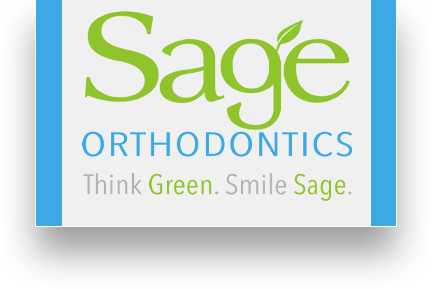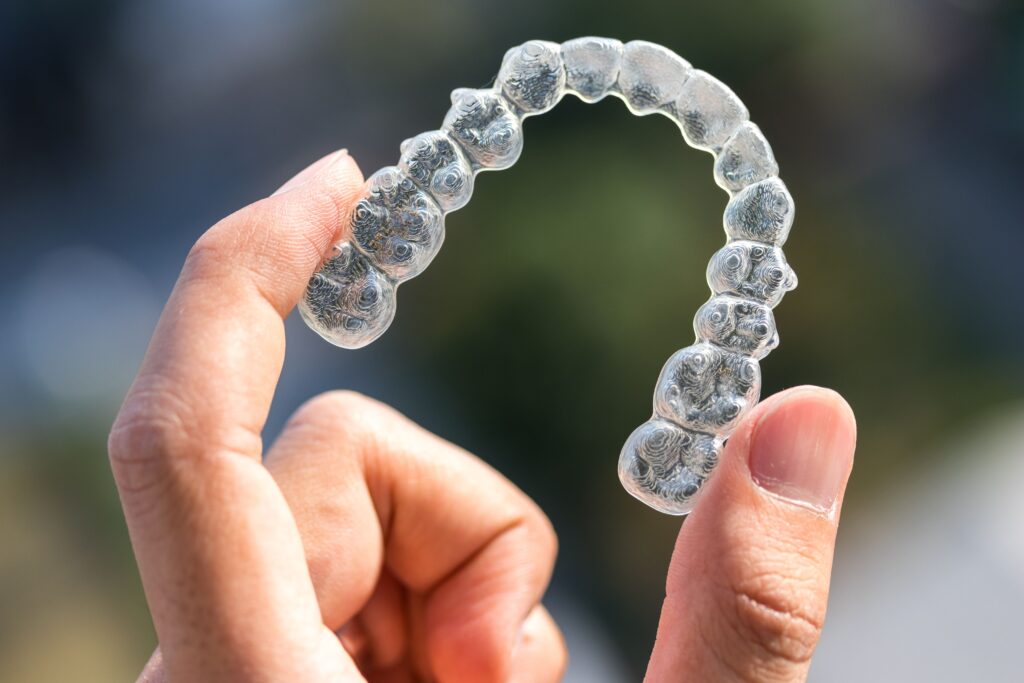
If there is one recommended dental habit that many people struggle to embrace, it’s flossing. Whether you find traditional thread flossing challenging to maneuver, messy, or just time consuming, you are not alone. However, The American Dental Association (ADA) and our office want you to be able to floss regularly and thoroughly. Consider these effective alternatives to remove unwanted plaque from the places your toothbrush simply can’t reach.
1.) Disposable Floss Pick
These convenient little tools have plastic handles and Y-shaped prongs that come pre-threaded with floss. No measuring, snipping or finger threading required. Ideal for travel and on-the-go use, simply grab the handle, insert the floss between your teeth, and when done, toss the tool away.
2.) Non-Disposable Floss Picks
Fashioned with a longer handle than their disposable counterparts, these picks may be an excellent option for patients with small mouths and/or crowded teeth. They also help to make reaching back teeth a breeze.
3.) Water Flossers
Electronic flossers use streams of pressurized water to clean between your teeth. There are many different models to accommodate price preferences, and most offer adjustable pressure settings to ensure your comfort during use.
Designed to look like tiny toothbrushes, interdental brushes are especially effective for those who wear braces. They are also a nice option for patients with mobility issues who struggle with traditional flossing. Another plus? Like toothbrushes they can be used repeatedly – simply ask our office when we recommend replacement.
5.) Air Flossers
These high-tech tools use air pressure combined with a small amount of water to keep teeth and gums clean and healthy. Considered to be less messy than their water-based cousins, air flossers offer easy point and click instructions – just aim the flosser between your teeth and a blast of air does the rest.
Keeping the spaces between your teeth and gums free from plaque and tartar is essential to your oral health. Finding tools and techniques that work for you is the first step towards establishing lifelong habits that lead to a lasting, healthy smile. Consider any of these flossing alternatives or call our office for a recommendation. Our 49002 orthodontist team will be happy to evaluate your unique needs to help you find the solution that is right for you.






